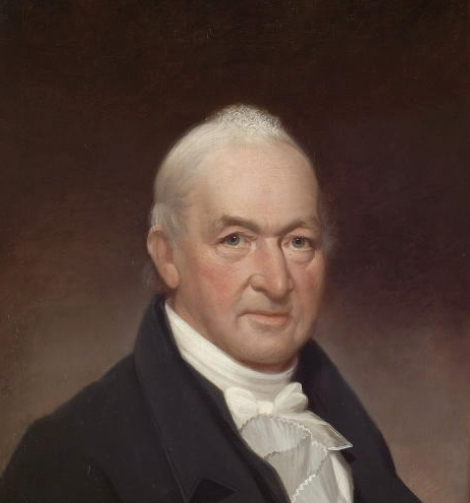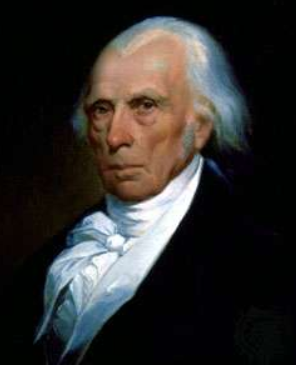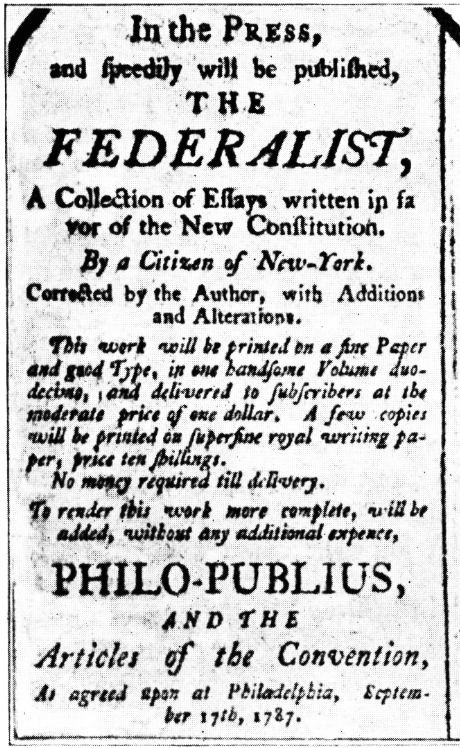Did the Constitutional Convention Overstep its Instructions?
In Federalist #40 James Madison responds to criticisms that the Constitutional Convention overstepped its instructed task of amending the Articles of Confederation.
Madison relies heavily on the Congress of the Confederation’s instructions to form a ‘national and adequate government’ for his argument.
He also believed that the government might be different but it is built on the same principles.
Federalist #40
January 18, 1788
James Madison
Amendments
For the second time in one day, James Madison published a Federalist Paper.
Though not as important to the history of political philosophy as the previous installment, #40 was influential in its own time.
This is the essay in which Madison defended the Constitutional Convention from accusations that it overstepped its bounds in creating an entirely new government.
The Delegates were only supposed to recommend amendments to the Articles of Confederation, not throw it in the trash.
National and Adequate Government
Forming the bulk of Madison’s argument are the instructions given by the Continental Congress in February of 1787 which permitted the Delegates to create a, “national and adequate government,” for the Union.
James insists that the Delegates could possible have amended the Articles into a national government, but it could never be adequate.
A more perfect Union had to be created from scratch.
Does it Really Matter?
After a long review of the language which, Madison believed, gave permission to create a new Constitution, he takes a strange turn.
Near the end of the Paper, James admits that the Delegates never had the authority to birth a new government.
His immediate reaction, however, is ‘so what?’ (I’m paraphrasing, of course).
Even if the Constitutional Convention was not given explicit instructions to great a new government, does that really mean it is not better?
This seems to be the best argument and it is curious that Paper #40 doesn’t spent its majority looking at it from this angle. However, that would have led to further criticisms from the Anti-Federalists who could have said something like…’See! They assumed power they were not given. What do you think they’ll do if we ratify this Constitution?!?!?!’
Have you missed our previous Federalist Friday articles?
Take a look at the full list here.
You might also like this article on James Madison’s Congressional Campaign:
Madison Beats Monroe - The Small Election with Big Implications
The Federalist Papers are written in 18th century English and can be difficult to understand.
‘The Accessible Federalist’ takes some of the most important Papers and translates them into modern English, making them easier for us 21st century readers.
If you’d like a copy you can get one through the Amazon affiliate link below (you’ll support this site, but don’t worry, Amazon pays me while your price stays the same).
Want to get fun American Revolution articles straight to your inbox every morning?
Subscribe to my email list here.
You can also support this site on Patreon by clicking here.
Thank you for your support!






